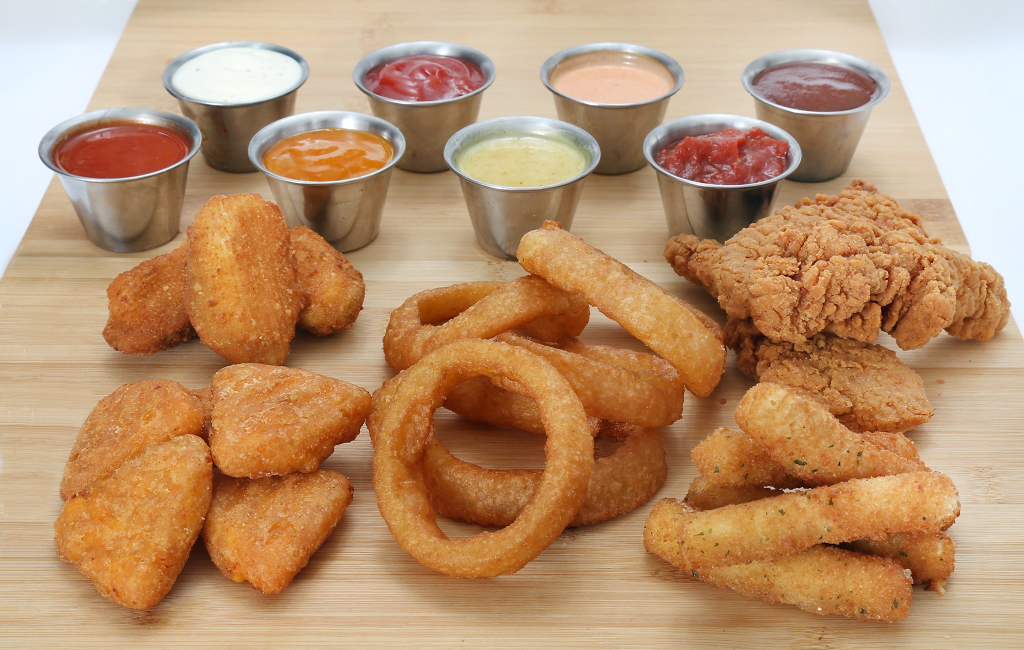Quikflip Hoodie Backpack
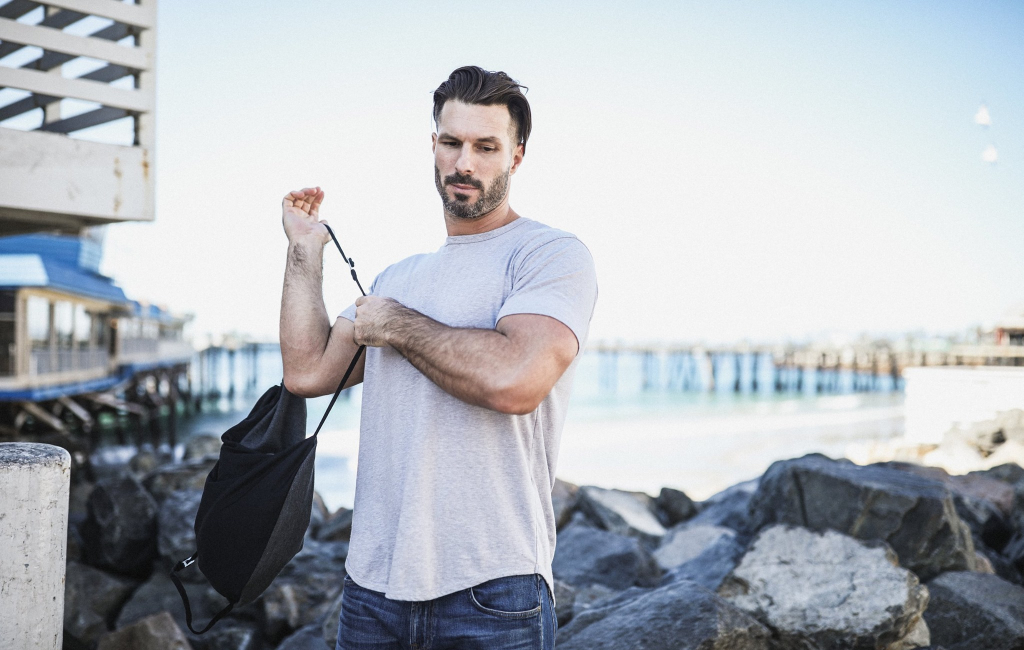

DEAL
EPISODE SUMMARY

Asking For:
$500,000 for 5%
Investor:
Lori Greiner
Deal:
$500,000 for 10%
PRODUCT SUMMARY
Quikflip is a convertible apparel company, with its flagship product being a hoodie that transforms into a fully functional backpack using proprietary conversion technology.
WATCH HERE
IN A RUSH?
Click these to jump to the section you want to read.
Background Story
Quikflip, based in the bustling city of Los Angeles, emerged from the dynamic minds of Rener and Ryron Gracie, two brothers deeply entrenched in the world of Brazilian jiu-jitsu. Rener Gracie, a seasoned practitioner and a captivating force on the TV show “Shark Tank,” envisioned a transformative solution to the inconvenience he faced during a simple outing to the park. The catalyst for Quikflip was a cold December morning when Rener, chasing his son at the park, found himself needing to shed his hoodie as the sun broke through the clouds.
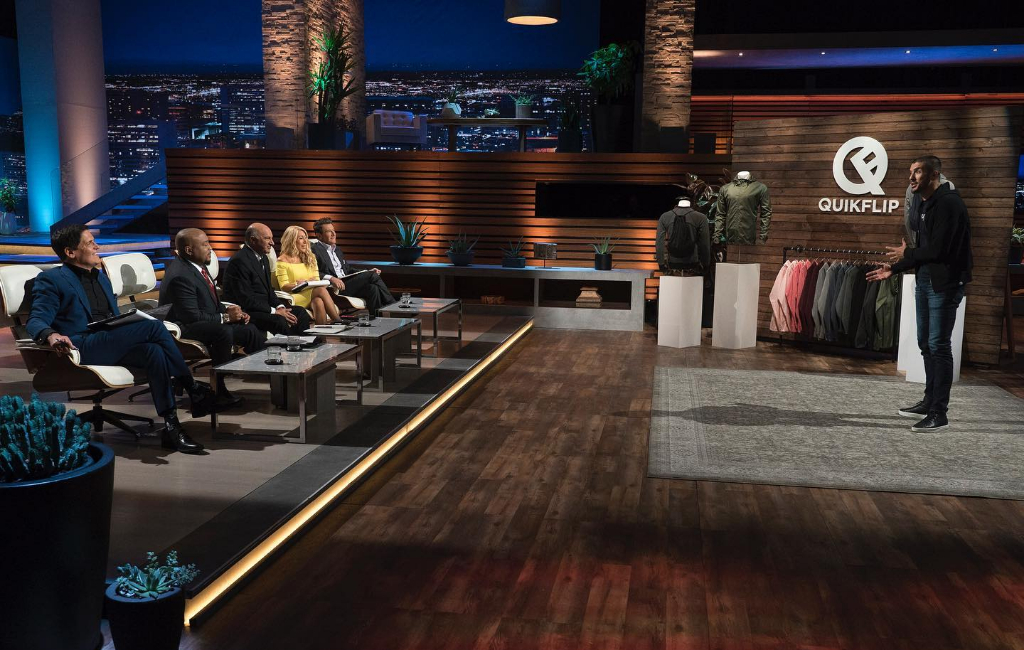
The options available – the fanny pack, the European yacht club style, and the traditional wannabe cool guy method – were far from ideal. As his hoodie slipped off onto the wet grass, the spark of innovation ignited in Rener’s mind. The desire for a better way to handle outerwear dilemmas led to the birth of Quikflip. The brothers, hailing from a family legacy deeply rooted in Brazilian jiu-jitsu, channeled their expertise in martial arts and their experience scaling the jiu-jitsu brand into creating a versatile apparel solution.
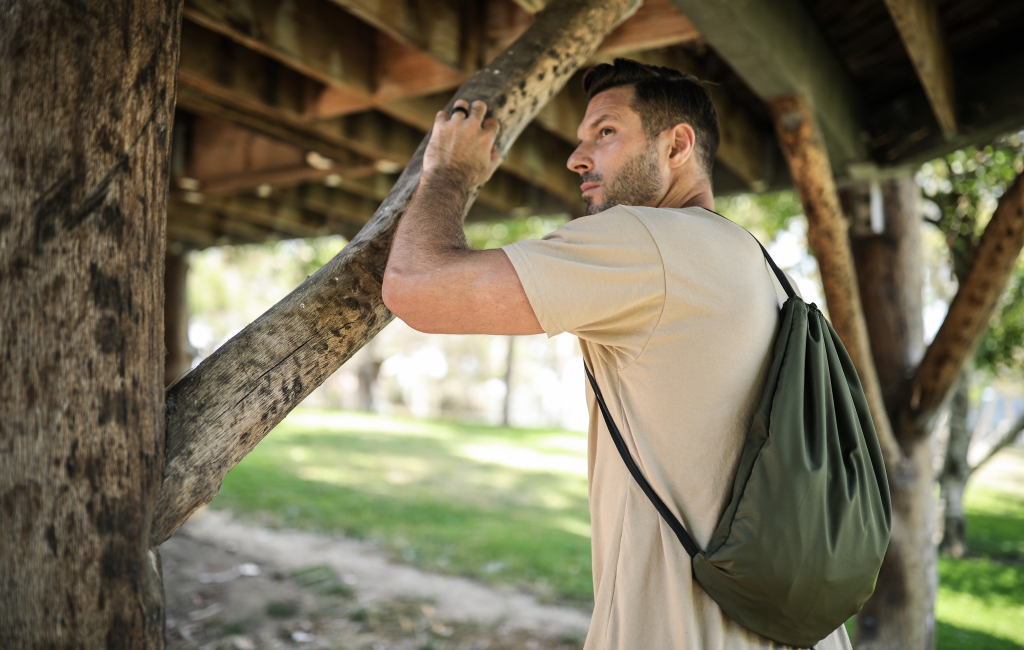
The Gracie brothers, with their extensive background in scaling jiu-jitsu and understanding the critical role of a robust supply chain, embarked on a journey to redefine outerwear convenience. They strategically introduced the convertible hoodie, equipped with proprietary conversion technology that allowed it to seamlessly transition into a fully functional backpack. Quikflip’s inception reflects not just a product innovation but a fusion of martial arts legacy, entrepreneurial spirit, and a keen sense of practicality in the face of everyday challenges.
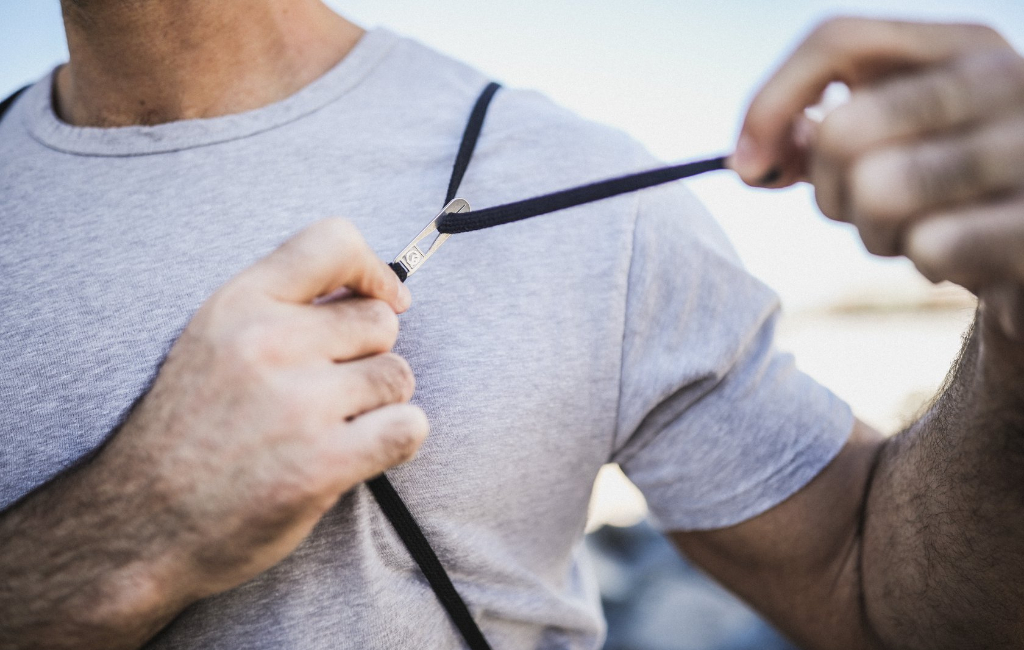
The Product
Quikflip’s flagship product, the convertible hoodie, is a groundbreaking solution that seamlessly integrates fashion and functionality. Using proprietary slide-and-bite technology, the hoodie transforms into a fully functional backpack in a matter of seconds. This innovation eliminates the need for cumbersome alternatives like fanny packs or awkwardly draping the hoodie over the shoulder. The process is simple – users flip, tuck, and shake, and voilà, they have a backpack ready for use.
Beyond its transformative capabilities, the Quikflip hoodie offers adjustable pack security during various activities, including intense physical pursuits like jiu-jitsu. The slide-and-bite mechanism allows users to customize the backpack’s height, ensuring it stays secure during any movement. The backpack, created with convenience in mind, provides ample storage space for personal belongings.
Priced between $40 and $50, the Quikflip hoodie is available for purchase directly through the company’s online platform. The product’s success is evidenced by its rapid sell-out during a pilot test of 5,000 units, showcasing its appeal to consumers. The founders, Rener and Ryron Gracie, have strategically expanded the product line to include convertible crew necks and kid’s variations.
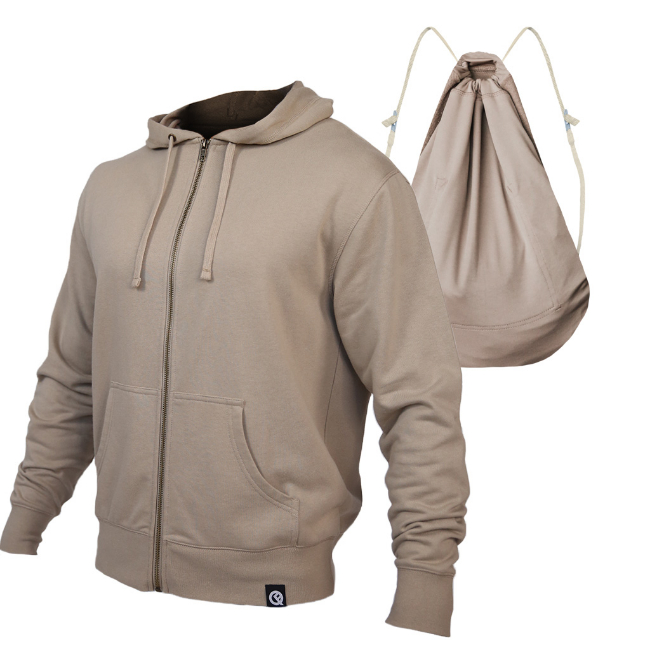
How It Went
The company’s position before Shark Tank
Quikflip has demonstrated impressive performance, positioning itself as a formidable player in the apparel industry. The company’s health and vitality are evident in its rapid growth, with total sales reaching $577,000. The success of their pilot launch, where 5,000 units sold out within 60 days, underscores the strong market demand for their innovative convertible apparel. Strategically expanding its market presence, Quikflip has secured partnerships with major retailers such as Best Buy and Amazon. These partnerships have significantly contributed to the brand’s visibility and accessibility, allowing a broader audience to experience the convenience and versatility of their products.
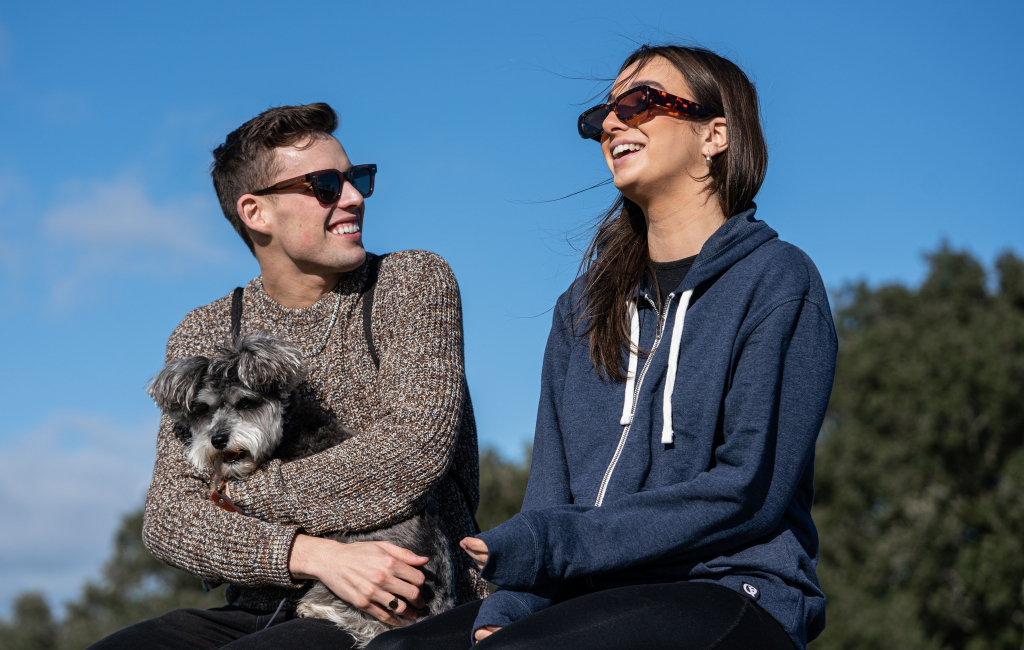
In terms of distribution, Quikflip has established relationships with reputable wholesalers, ensuring a widespread network for their products. The company’s commitment to direct-to-consumer sales has been pivotal, with a pilot test of 5,000 units selling out in 40 days. The success of their online sales approach, directly reaching the end consumer, showcases the effectiveness of their marketing and distribution strategy. Funding-wise, Quikflip has been self-funded to date, reflecting the founders’ confidence in their product and its market potential. With profits amounting to $220,000 and a healthy profit margin of 38%, the company has showcased financial viability and sustainability.
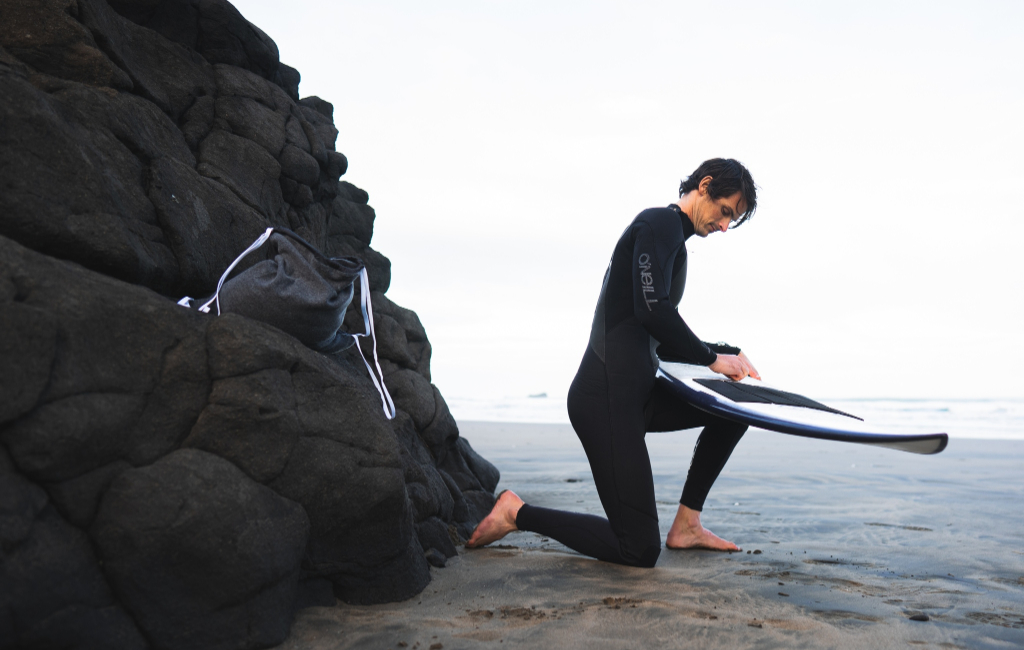
The current capital structure of Quikflip aligns with its growth trajectory. As they seek additional funding opportunities to support their expansion plans, the recent deal with Lori Greiner on “Shark Tank” brought in $500,000. This funding injection, coupled with Lori’s strategic partnership, positions Quikflip for further growth and market dominance. The company’s robust financial performance and strategic partnerships underscore its resilience and potential in the competitive apparel industry.
The Negotiations:
The negotiations for Quikflip on “Shark Tank” were nothing short of dynamic, reflecting the enthusiasm and strategic thinking of founder Rener Gracie. Rener entered the Tank seeking a $500,000 investment in exchange for a 5% equity stake, valuing the company at $10 million. The Sharks were immediately captivated by the innovative convertible hoodie and its potential market appeal.
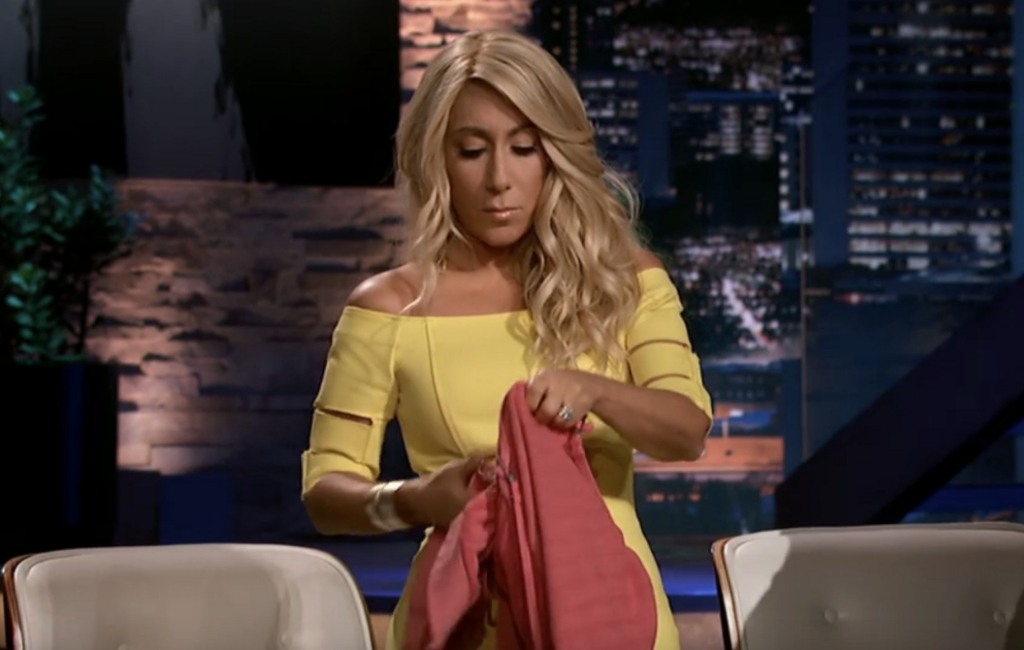
Lori Greiner expressed keen interest and made an initial offer of $500,000 for a 15% equity stake, contingent on securing one of Quikflip’s patents. However, sensing other potential offers and seeking a more favorable equity position, Rener countered with a proposal of $250,000 in cash and $250,000 as a line of credit for a 10% equity stake. This adjusted offer aimed to alleviate the immediate cash burden on Lori while maintaining a competitive equity share for the investment.
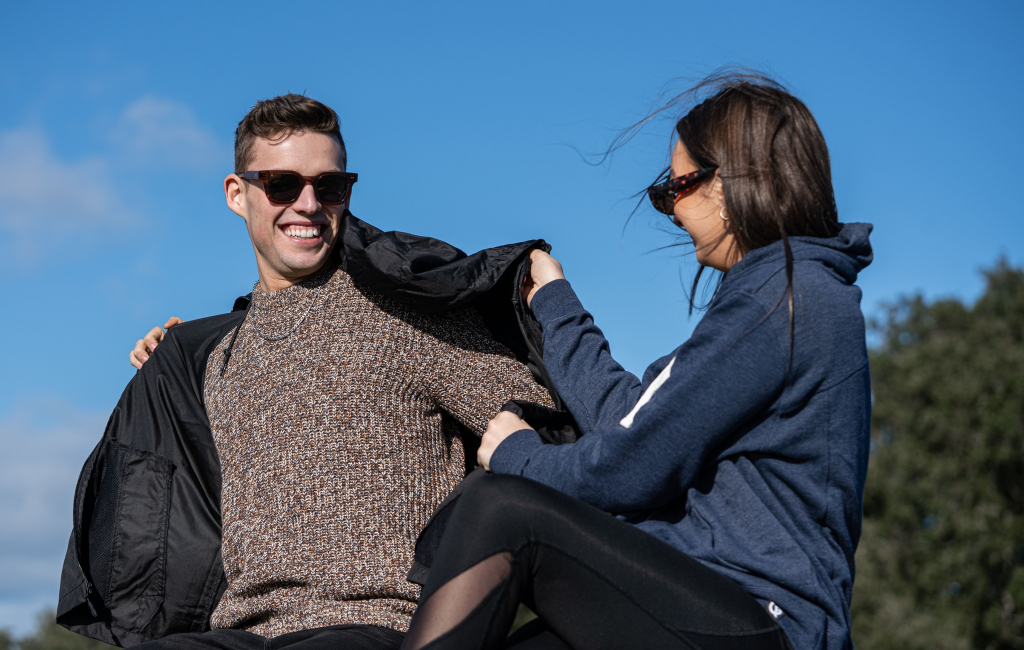
Kevin O’Leary and Robert Herjavec also presented offers during the negotiations. Kevin proposed a deal involving $500,000 for 25%, structured with $100,000 in cash and $400,000 as a line of credit. Robert, on the other hand, offered a straightforward $500,000 for 25% without any patent contingencies. Amidst the offers, Rener skillfully navigated the negotiations, strategically considering the terms and the Sharks’ expertise. Ultimately, he accepted Lori’s counteroffer of $250,000 in cash and $250,000 as a line of credit for a 10% equity stake. This deal reflected a balanced arrangement that addressed both the immediate financial needs of the company and Lori’s desire for an equitable equity share.






